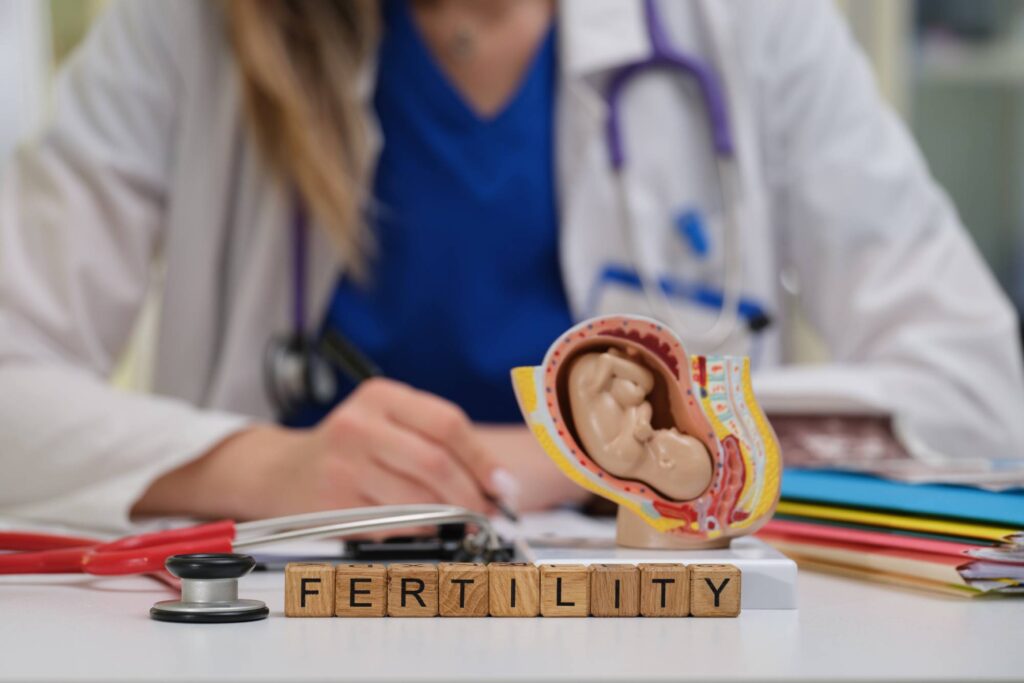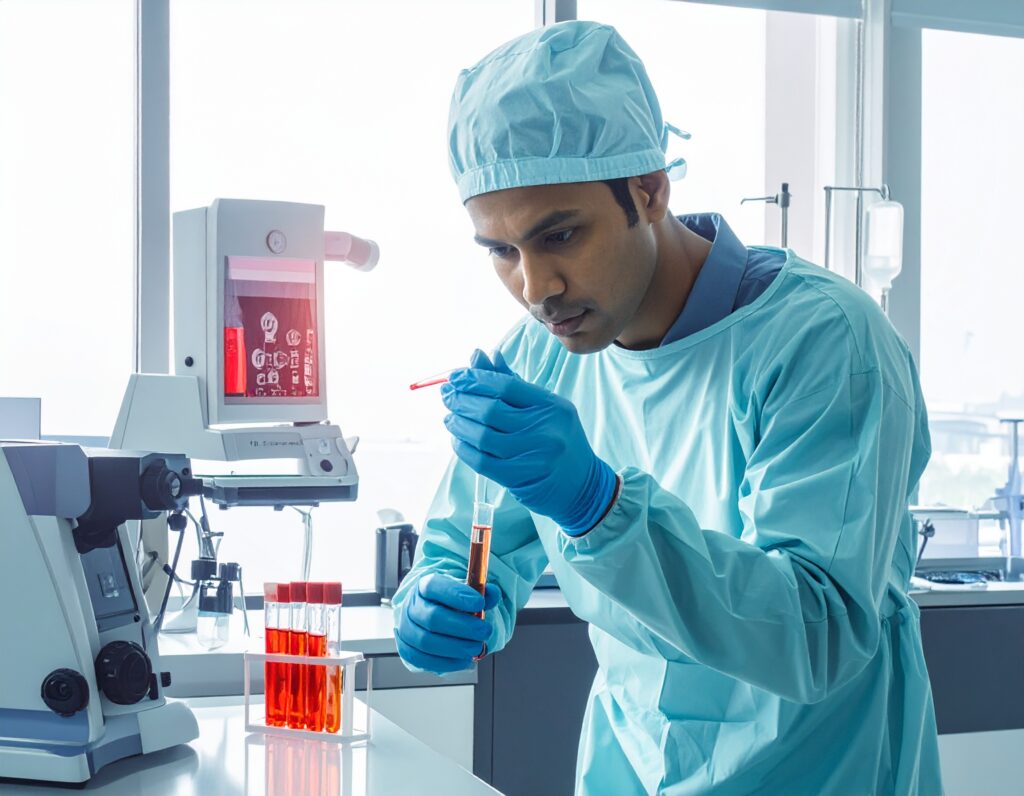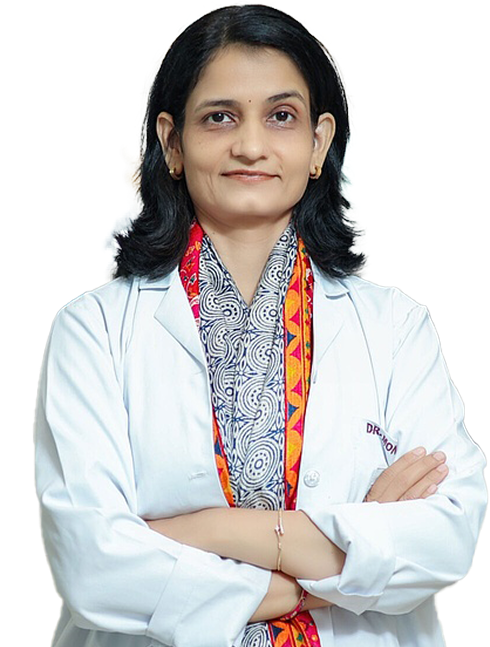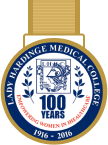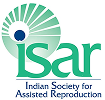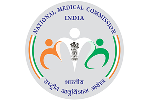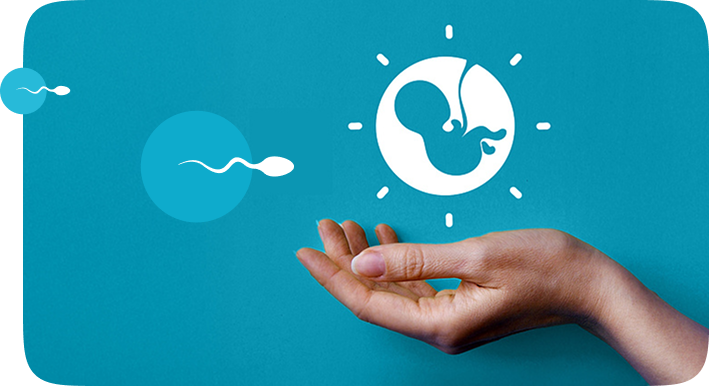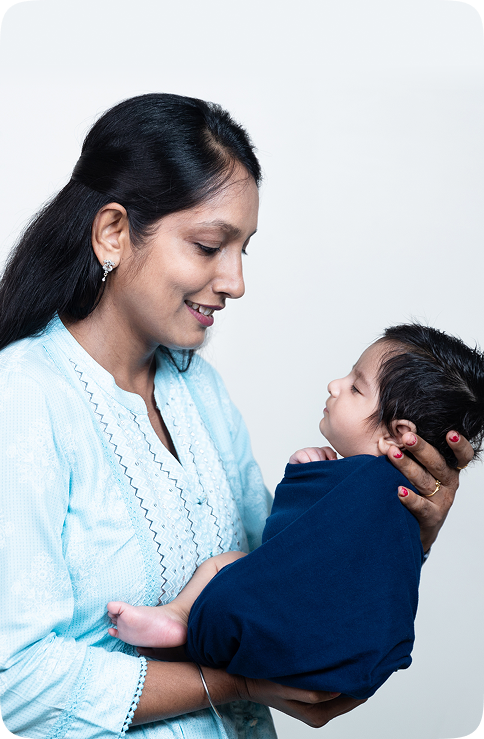We made a lot of efforts researching the Top-Rated IVF Clinics in Gurgaon. Based on our personal experience, I way say that Little Angel IVF’s Gurgaon branch is excellent! Their staff is very supportive and the facility is world-class. They were going through some construction work for some time but I guess they must be ready. Either way, the best way is to book an appointment with Dr Mona Dahiya as she visits very prominent fertility centres in Gurgaon like Birla Fertility & IVF.
IVF Treatment Protocols We Offer at Our IVF Clinic in Noida
Long Down-Regulation (Agonist) Protocol
Provide precise control over your cycle and hormones to prepare your body for stimulation.
Antagonist (Short) Protocol
A popular, shorter protocol with fewer injections that offers greater comfort and convenience for patients.
Microdose Flare Protocol
Our IVF specialists create a gentle stimulation plan designed for women with a lower egg reserve to maximize response.
Mild Stimulation IVF (Mini-IVF)
We use this IVF approach for minimal medication to retrieve a smaller number of high-quality eggs.
Natural Cycle IVF
We work with your body’s natural rhythm to collect the one egg you produce monthly.
Estrogen Priming Protocol
Our IVF doctor in Noida use estrogen to prepare the ovaries and help follicles grow together for better results.
Why Choose Our IVF Centre in Noida?
Personalized Treatment Protocols
Every patient is different. Our fertility specialists provide personalized IVF treatment in Noida tailored to individual health needs.
High Success Rates
With modern labs and an experienced team, our success rates are among the best in Noida.
Everything Under One Roof
Experience world-class treatments in one convenient location. All services are available at our IVF Centre in Noida itself.
Transparent & Honest Pricing
We provide a clear list of all costs upfront, with no hidden charges, to plan your budget without worry.
Why Patients Trust Our IVF Specialists in Noida?
Years Experience
IVF Treatment Success Rate
Happy Couples
Lower Cost
Why Patients Trust Our fertility Specialists and out Noida IVF centre?
How Much Does IVF Cost in Noida for Different Protocols?
| IVF Protocol | Estimated Cost (INR) | Estimated Cost (USD) |
|---|---|---|
| Long Down-Regulation | ₹1,60,000 - ₹2,50,000+ | $2,000 - $3,000+ |
| Antagonist Protocol | ₹1,50,000 - ₹2,40,000+ | $2,000 - $3,000+ |
| Microdose Flare Protocol | ₹1,70,000 - ₹2,75,000+ | $2,000 - $3,500+ |
| Mild Stimulation (Mini-IVF) | ₹95,000 - ₹1,60,000+ | $1,000 - $2,000+ |
| Natural Cycle IVF | ₹75,000 - ₹1,30,000+ | $1,000 - $1,500+ |
| Estrogen Priming Protocol | ₹1,60,000 - ₹2,60,000+ | $2,000 - $3,000+ |
Notes: These are estimated costs and can vary based on individual medical requirements, diagnostic tests, and medication needed.
